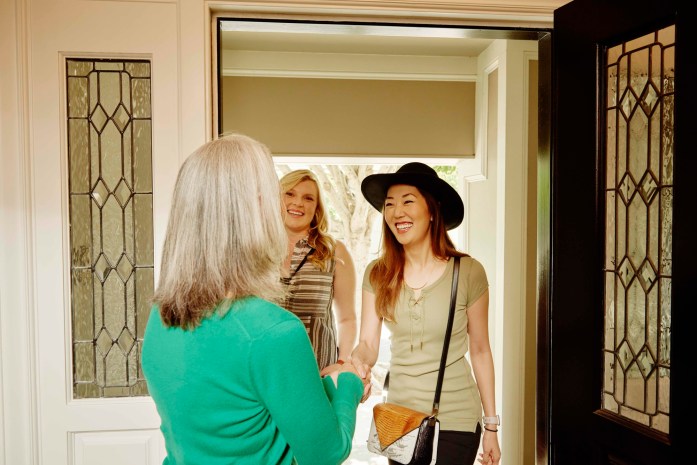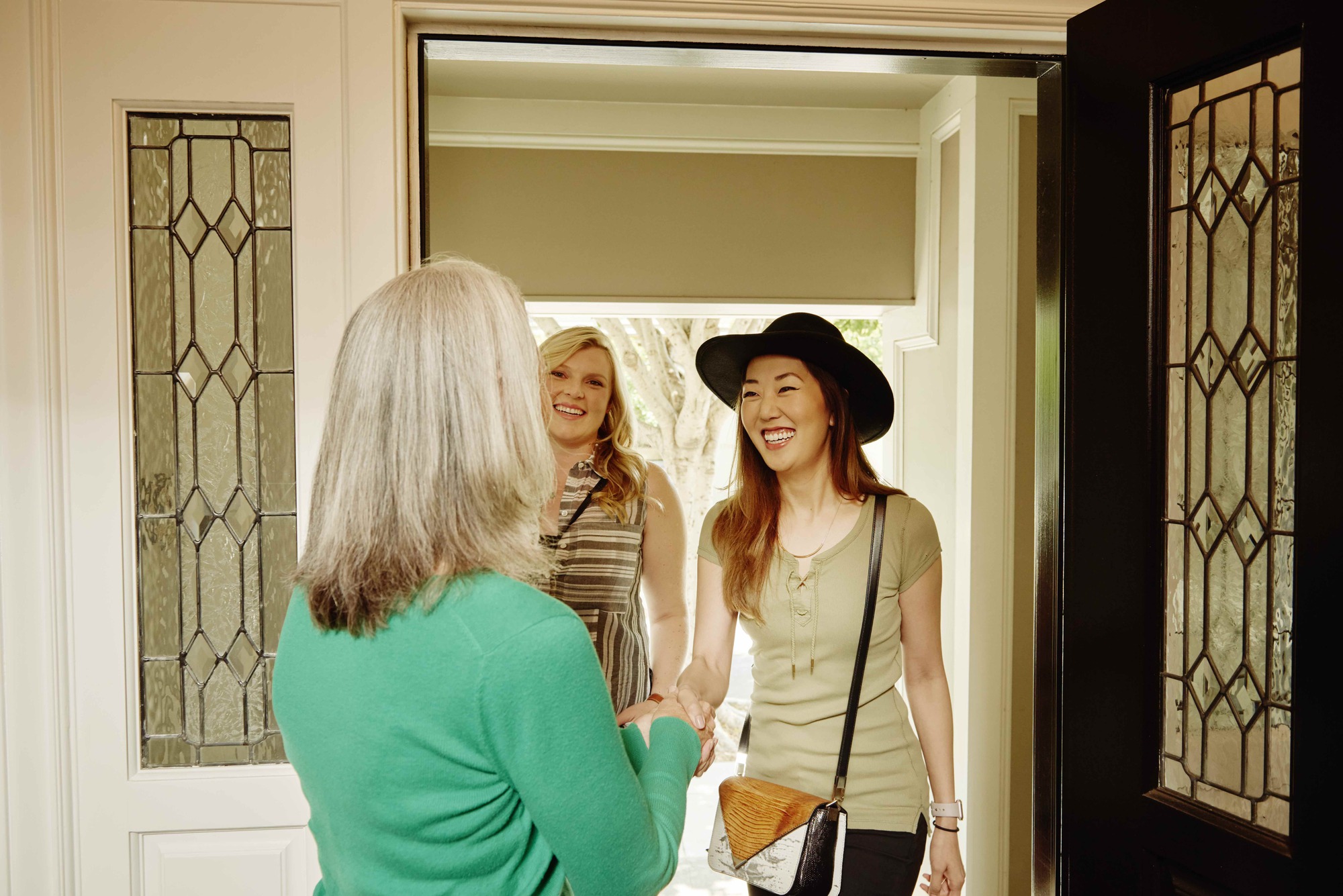Our work to support cities and the return of responsible travel across the US and Canada
Airbnb's work with local governments continues. This year alone, we’ve worked with governments to empower locals to responsibly share their homes and to implement sensible short-term rental regulations that protect Hosts’ ability to earn meaningful income and address community priorities.


Airbnb's work with local governments continues. This year alone, we’ve worked with governments to empower locals to responsibly share their homes and to implement sensible short-term rental regulations that protect Hosts’ ability to earn meaningful income and address community priorities.
As a company operating in more than 100,000 cities and towns around the world, one of our priorities is to work collaboratively with them. From the very beginning, we have thought of local policymakers as allies and collaborated with hundreds of governments around the world to enable responsible tourism that keeps more of the economic benefits in the places where it happens.
Throughout the US and Canada, Airbnb has worked with cities to develop hundreds of partnerships including fair, reasonable regulations, tax collection agreements, and data sharing that support the needs of communities. These collaborations allow Hosts to supplement their income, provide guests with an array of affordable accommodation options, and bring significant economic opportunity to local businesses that rely on travelers.
To date, this collaborative approach includes:
- Collecting and remitting taxes: In the last seven years, we have collected more than $4 billion in tourist taxes globally, including $1.5 billion across the US and Canada in 2021, to help support the provision of countless local services. In recent years, these taxes have become even more important as cities and towns have looked to not only recover from the economic impact of the pandemic, but also embrace the opportunity of a fundamental shift in travel that has brought guests to thousands more communities around the world.
- Sharing data through our City Portal: In 2020, we launched the City Portal, a first-of-its-kind resource, built exclusively for governments and tourism organizations, that includes tools and locally-specific data for a deeper partnership with Airbnb. To date, there are more than 160 City Portal partners across the globe.
- Supporting economic recovery: By working with destination marketing organizations, nonprofits and governments to support responsible and safe travel to more cities, Airbnb is helping communities harness these economic benefits for local citizens and small businesses. To date, we have secured more than 140 partnerships and collaborations with destination marketing organizations around the world, including nearly 40 in the US and Canada.
Our work with local governments continues. This year alone, we’ve worked with governments to empower locals to responsibly share their homes and to implement sensible short-term rental regulations that protect Hosts’ ability to earn meaningful income and address community priorities. A few examples include:
- Expanding the opportunity of hosting to more communities: To help more travelers visit Georgia’s Black-owned farms, Airbnb partnered with the New Communities Land Trust to promote the Southwest Georgia Agri-Tourism Trail – a collection of stays and experiences. Led by co-founder and USDA Equity Commissioner, Shirley Sherrod, the Southwest Georgia Agri-Tourism Trail will support participating farmers in accessing the economic opportunities of local tourism through hosting, while raising social awareness on the history and present-day needs of Black farming communities.
- Promoting travel to rural communities: In April, Airbnb and Visit North Carolina announced the launch of a new, year-long partnership to promote travel to 16 rural counties across the state. The ‘Dream Big in Small Town NC’ campaign is in coordination with the North Carolina Department of Commerce to support the state’s post-pandemic recovery and the many unique local shops, restaurants and workers who rely on the local tourism industry.
- Supporting cities in their efforts to implement short-term rental regulations:
- Atlanta: Airbnb is in close contact with city leaders as they work to implement new rules to protect the economic benefits of hosting for residents in all neighborhoods and help ensure short-term rentals are being conducted responsibly and with regulatory oversight, city-wide.
- Maui: Following the signing of a Memorandum of Understanding (MOU) to help Maui County better enforce its short-term rental rules, Airbnb completed its first enforcement action under the agreement by removing listings that did not comply with the terms of the MOU. Airbnb’s partnership with Maui County is similar to agreements signed with Kauai County, implemented in 2020, and with the City and County of Honolulu, which is awaiting implementation pending county action to stand up a registration system for Hosts.
- Toronto: On January 1, 2022, Airbnb became the first licenced short-term rental platform to operate within the City of Toronto. Since the enactment of Toronto’s new regulations, Airbnb is offering our City Portal tool to Toronto and sharing data with the city to support enforcement. In addition, our community has delivered over $5 million in Municipal Accommodation Tax (MAT) and other fees for the City of Toronto – funding that goes directly to supporting tourism, as well as programs and services that are critical for visitors and locals alike, such as improving roads, transit, culture, parks and recreation.
As communities continue to recover from the impacts of the pandemic, Airbnb will continue to be a willing partner to governments to support responsible travel, fair regulations, and help bring the benefits of home sharing to more places.